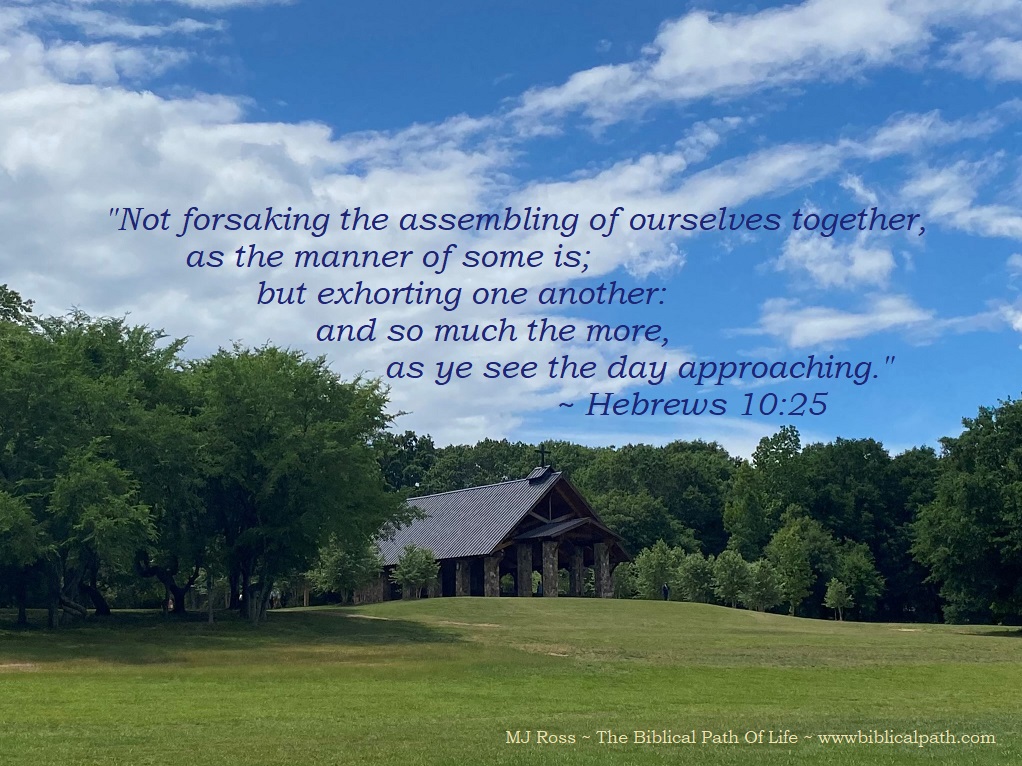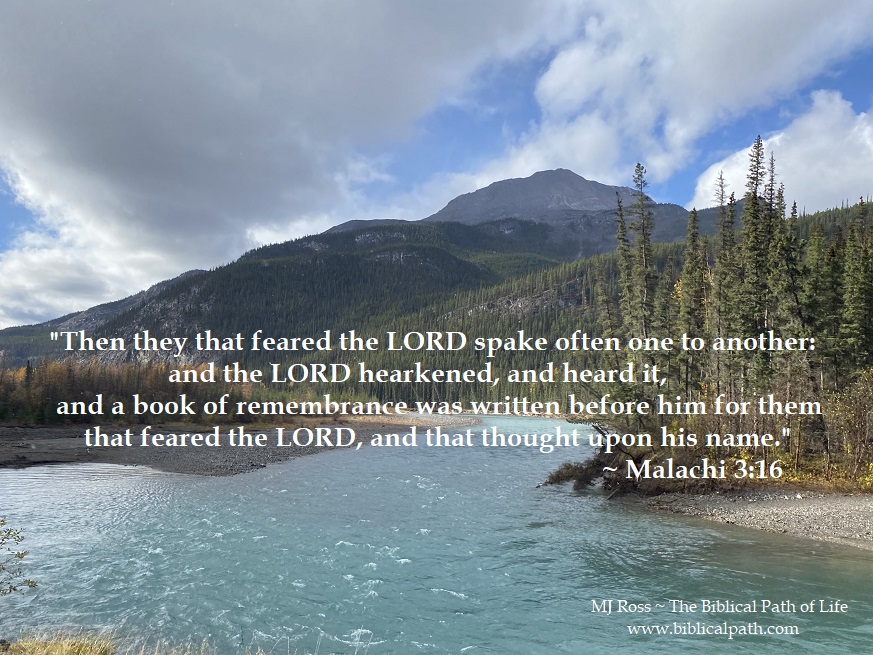
“Wherefore, sirs, be of good cheer: for I believe God, that it shall be even as it was told me.”
Acts 27:25
Is it easy to determine God’s will for one’s life? What if you know what God has planned for you, but you find circumstances seem to be averting that plan? Is it possible to remain confident in God and His Word? There are many great examples in the Bible (see Romans 15:4). The following is one in Paul’s life.
Paul had wanted to go to Rome for many years, but God had not yet opened a door. When Paul was arrested in Jerusalem, the Lord encouraged Paul. “And the night following the Lord stood by him, and said,Be of good cheer, Paul: for as thou hast testified of me in Jerusalem, so must thou bear witness also at Rome” (Acts 23:11). Paul was sent from Jerusalem to Caesarea. He was kept in prison in Caesarea for two years when the rulers finally set a time to send him to Rome to stand before Caesar. Paul would finally get to preach the Gospel Message in Rome. Paul may not be traveling to Rome they way he planned, but he believed the Lord’s Words. Paul now understood that he would go to Rome as a prisoner.
Paul’s life was out of his hands. He was put on a ship in the custody of a Roman centurion, Julius (see Acts 27:1). Along with many other prisoners, Luke and Aristarchus, Paul’s friends, were on the ship. At their first stop, the centurion was kind to Paul and allowed him to go ashore, meet friends, and to refresh himself. When they sailed again, the voyage became difficult because the winds were contrary (means “they were antagonistic, or against them” see Acts 27:4). At the next place they stopped, the centurion found a ship of Alexandria that was sailing to Italy and put Paul and the other prisoners on that ship. They sailed many days, making little progress, until they reached The Fair Havens. “9. Now when much time was spent, and when sailing was now dangerous, because the fast was now already past, Paul admonished them, 10. And said unto them, Sirs, I perceive that this voyage will be with hurt and much damage, not only of the lading and ship, but also of our lives” (Acts 27:9-10). It was now late in the year (the fast was around late September or early October – too late in the year to be sailing).
The trip was taking longer than planned. It was now too late to safely continue a journey, for winter weather was approaching. Sailors understood that it would be dangerous. The Fair Havens was not the greatest place to “winter” for the year because of the exposure to winter storms.
The master and owner of the ship wanted to continue (see Acts 27:11). The Fair Havens was not a good place to winter, and Phenice was better (see Acts 27:12). Because Paul had experience shipwrecks before (see 2 Corinthians 11:25), he understood the potential danger. Paul had warned them rightly.
The centurion had a decision to make.
“And when the south wind blew softly, supposing that they had obtained their purpose, loosing thence, they sailed close by Crete” (Acts 27:13). Supposing means “to think, imagine, consider, appear. Expresses the subjective mental estimate or opinion which men form about a matter. Such recognition may be correct, or (as in this case) incorrect, involving error (i.e. Acts 27:13).” The majority agreed to continue with the journey, and the deciding factor was the south wind that blew softly.
However, Paul had been right. “14. But not long after there arose against it a tempestuous wind, called Euroclydon. 15. And when the ship was caught, and could not bear up into the wind, we let her drive” (Acts 27:14-15). The storm came.
All were in a storm because:
- they were impatient (see Acts 27:9);
- they trusted themselves (see Acts 27:13);
- they rejected counsel from God’s man, Paul (see Acts 27:10-11).
They had to let the ship drift (see Acts 27:16-17). All they could do was try to weather the storm safely (see Acts 27:18-19). “And when neither sun nor stars in many days appeared, and no small tempest lay on us, all hope that we should be saved was then taken away” (Acts 27:20).
Consider what Paul may have been feeling and thinking. He recognized the situation – it was dangerous. However, Paul had a hope that the others did not have. Remember, the Lord told Paul that he would “bear witness also at Rome.” Paul had the Word of the Lord to encourage and comfort him in this terrible storm of life. God encouraged Paul again. Paul then encouraged the others. “23. For there stood by me this night the angel of God, whose I am, and whom I serve, 24. Saying, Fear not, Paul; thou must be brought before Caesar: and, lo, God hath given thee all them that sail with thee. 25. Wherefore, sirs, be of good cheer: for I believe God, that it shall be even as it was told me” (Acts 27:23-25). All would live. If they followed the Word of the Lord given to Paul. If you remember the rest of the story, because the men adhered to Paul’s word (from God), all lived (see Acts 27:44).
What made the difference for Paul, who knew God’s plan? “… for I believe God, that it shall be even as it was told me” (Acts 27:25). He believed God.
Do you believe God and remain confident in His Word when the storms of life come?



